Week 4 - The Light of the World
What we talked about In youth on Sunday
Have you ever been wrong about something you were certain you were right about?
Near the beginning of seminary I was in a Christian Ethics class and was asked to write on “When should local churches provide aid to strangers?” After a bit of study I felt I had a really great answer. I said, essentially, that churches should always provide aid to strangers, no matter the circumstance, because the Bible calls us to be uncomfortably generous. After submitting my paper, I recall telling friends how great I thought this paper was and how good of a job I had done.
Fast forward to a few weeks later, I received my paper back and at the top was a big “C-.” To this day I will never forget the words my professor wrote at the end of my paper: “This essay failed to adequately deal with real world issues and the practical life of local churches. If what you’re suggesting was put into practice it wouldn’t be long before every church was bankrupt.” Ouch.
Unfortunately, being the person I am, I doubled down. “Obviously my professor doesn’t know what he is talking about,” I thought. And for the next few months—okay, the next few years—I was convinced I was right. It wasn’t until I decided to pull that paper back out and read through it again with fresh eyes and an openness to the possibility I was wrong that I saw exactly what my professor had seen: this paper failed to deal with real life scenarios and did not take into account the discernment needed to determine things like if a church should give cash or gift cards to someone seeking aid, or what could be done to help someone in need to flourish. I was wrong. And what’s worse, I refused correction because of my own arrogance.
As we look at John 8:12-20, we see that there were a lot of people—particularly the Pharisees—whose arrogance kept them from seeing the truth. The Pharisees were confident about what they thought their Messiah would look like. They thought he would be a great warrior king like Alexander the Great, who would conquer nations and bring them to international prominence by reinstating the royal line of David and leading Israel back to the glory days of Solomon.
Unfortunately, this conviction prevented them from seeing the true Messiah, Jesus. Because the Pharisees were unwilling to receive correction they missed what was right in front of them.
For if they were willing to receive correction, they would have understood what Jesus meant when he said, “I am the light of the world. Whoever follows me will not walk in darkness, but will have the light of life” (Jn. 8:12). Jesus here references Isaiah 42:6 and 49:6, where the Lord tells his people, “I will make you as a light for the nations, that my salvation may reach to the end of the earth.” To the Pharisees—the people who were supposed to know the Scriptures better than anyone else—Jesus’ message should have been clear as day. Jesus was telling them that he is the one who would bring salvation to Israel and the rest of the world. Jesus was telling them that by following him they too would become a light of salvation to the rest of the world. And yet, instead of hearing these words and believing, the Pharisees declared Jesus as untrue—a blasphemer.
What we see about Jesus in this passage is that Jesus is the light of the world, who perfectly represents God to the rest of creation and he invites us to follow him so we might also bring his goodness to the world. The issue is that too often we think Jesus is or should be different than he is. Jesus does not offer us “life, liberty, and the pursuit of happiness.” Rather, Jesus offers us a life that can be lived without fear of death. He offers us the opportunity to bring true justice and mercy to the broken and the hurting. And he offers us citizenship in a flourishing, beautiful, and never ending community.
The difficulty is that to receive this we have to die to ourselves and, especially, to our need to be right.
Continuing the conversation at home
At the end of group we spent time answering two questions in light of the above. First, are there any places in your life where you need to be humble and open to being wrong? And second, how might God be inviting you to bring his goodness to the world? As parents, you get to display to your kids what answers to these questions look like. Take a moment to think about these questions for yourself. Ask how you have been wrong in the past week. Maybe there is someone you need to apologize to or admit you were wrong. Perhaps you said something to your kids that was wrong and need to ask for their forgiveness. In confessing your wrongdoing to your family you display to your kids what humility looks like, you encourage that behavior in them as well, AND you are able to spread God’s goodness within your home, from which it will spread to the world.
Important note: This upcoming Sunday (March 19) we are spending the lesson time discussing what we heard at the Good Design Summit. The big question we will be considering is, “As Christians, how are we to think about LGBTQ people and practices?” If you were unable to attend the Summit, or simply would like a refresher, you can CLICK HERE to watch the sessions. If you have any questions or concerns about what will be discussed please email tim@redemptionbiblechurch.org.

